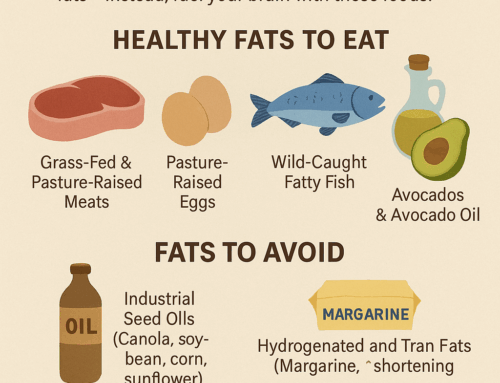Last Sunday, our pastor spoke on the effect of the tongue and how hurtful words ruin lives and make enemies. It got me thinking about the power of words concerning mental health. We often underestimate the profound impact that words can have on mental well-being. Whether spoken casually in passing or deliberately aimed with intent to harm, hurtful words can inflict lasting wounds on the psyche. From personal relationships to encounters in the workplace or online interactions, the effects of hurtful language reverberate deeply, leaving scars that may not always be visible but are keenly felt. The adage stick and stones may break my bones, but words will never hurt me, is absurdly wrong.
Words, though intangible, possess immense power. They can uplift, inspire, empower, demean, belittle, and wound. When subjected to hurtful language, individuals may experience a range of emotional responses, including sadness, anger, shame, and profound hurt. These emotions can linger long after spoken words, contributing to feelings of low self-worth, self-doubt, inadequacy, and even depression and anxiety.
Repeated exposure to hurtful words can perpetuate a cycle of negative thinking. Internalizing hurtful language can lead individuals to develop distorted beliefs about themselves, their abilities, and their worthiness of love and respect. This negative self-talk can erode self-esteem and contribute to the development of mental health conditions such as depression, anxiety, and low self-esteem.
Regarding relationships, the effects of hurtful language can be particularly devastating. Whether delivered in moments of anger, frustration, or indifference, hurtful words can cause irreparable damage to the bonds of trust and intimacy between individuals. Over time, a pattern of painful communication can erode the foundation of even the most robust relationships, leading to resentment, withdrawal, and emotional distance.
Developing healthy coping mechanisms to protect one’s mental well-being is essential when confronted with hurtful language. This may involve setting boundaries with individuals who consistently engage in malicious behavior, seeking support from trusted friends or mental health professionals, and practicing self-care activities that promote emotional resilience and self-compassion. It is also essential to distance yourself from individuals who regularly use hurtful language.
Cultivating empathy and understanding is essential in a world where hurtful language is all too common. By recognizing the impact of our words on others and choosing kindness and compassion in our interactions, we can create a more supportive and nurturing environment for everyone. Additionally, by fostering open and honest communication, we can address conflicts and misunderstandings constructively without resorting to hurtful language.
The words we choose to speak hold the power to shape our reality and influence the well-being of those around us. By acknowledging the impact of hurtful language on mental health and taking proactive steps to promote kindness, empathy, and understanding, we can create a world where words are used to uplift and inspire rather than diminish and harm. Let us develop a culture of compassion and respect where everyone feels valued, heard, and supported.
Remember, your words matter. Choose them wisely.
We have several articles on bullying. To view one of those articles, click here.
To view the passage, our pastor referred to James chapter 3. You can view that passage through Bible Gateway.







Leave A Comment